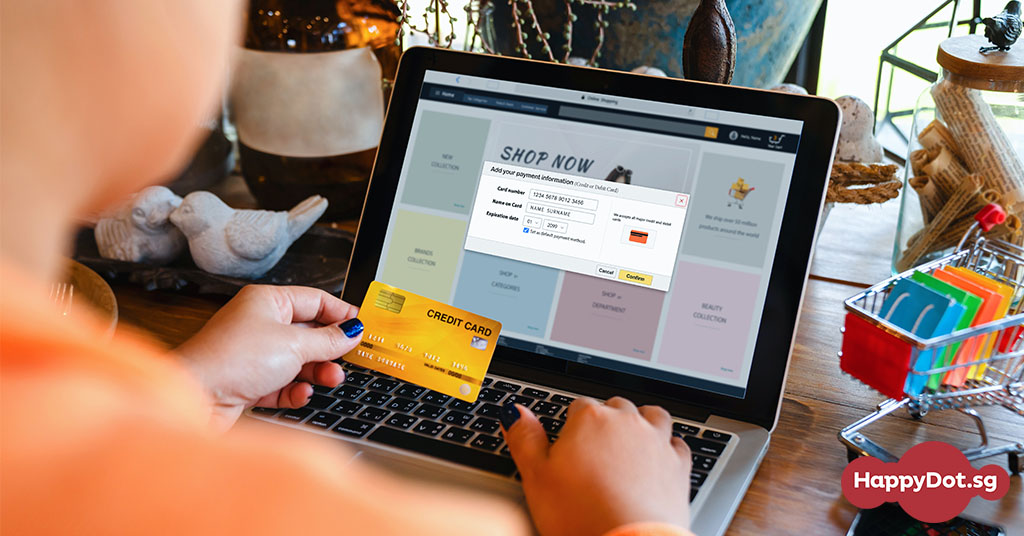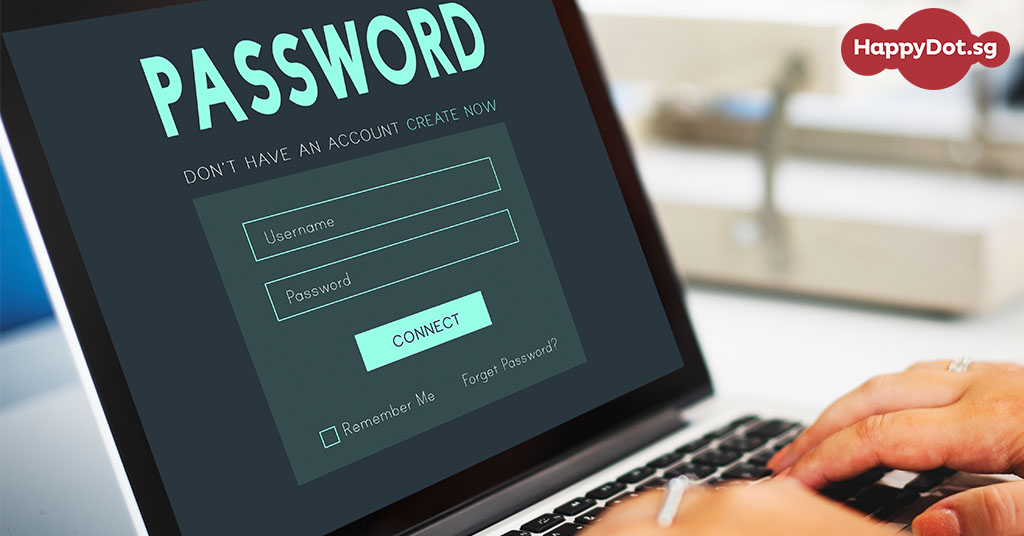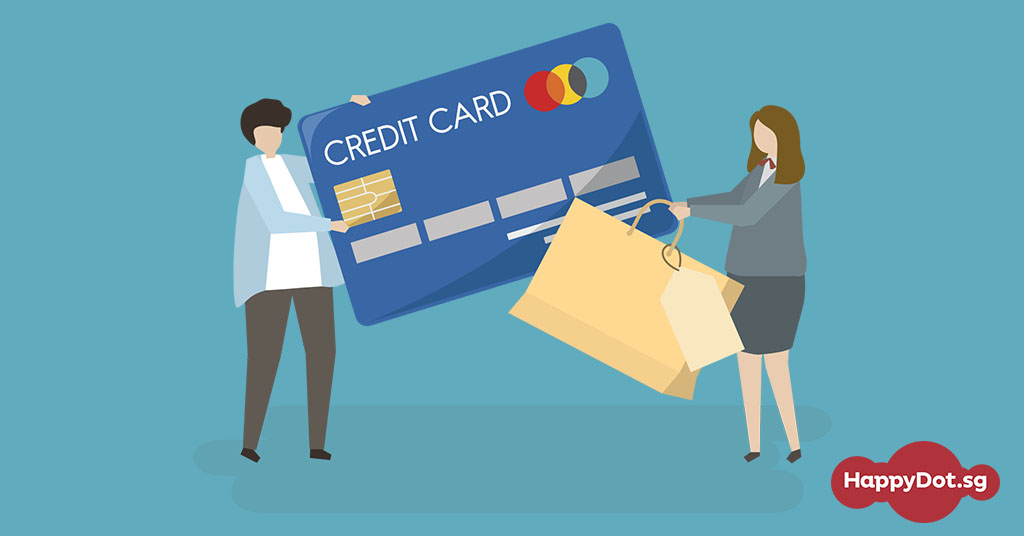
Over the years, online shopping has continued to grow in popularity. Although this shift in consumer behaviour is largely due to the rise of digitalisation, the ongoing COVID-19 pandemic has also pushed many Singaporeans to make their purchases online and aggravated social issues in Singapore. Here’s a fun fact: e-commerce sales in Singapore are forecasted to hit 13.4 billion1 in 2026!
Compared to shopping in brick-and-mortar stores, online shopping brings with it many benefits including greater convenience, potential for more discount codes and a 24/7 shopping experience. However, even though online shopping has its advantages, it makes us more vulnerable to possible cybersecurity threats. This is because much of our personal information is stored online. To prevent your personal data from being compromised, here are some tips to help you strengthen your cybersecurity while shopping online.
Avoid Logging into your Private Accounts with Public Wi-Fi

Having free public Wi-Fi is particularly useful when you are outdoors and have a need for the Internet. Using public Wi-Fi for Internet activities such as checking your messages and browsing the Internet is safe. However, it is highly advisable not to use public Wi-Fi to sign into a private account. This poses a huge social issue and security risk as we never know when hackers could be hijacking the Wi-Fi or have lured you into using theirs. Upon using a compromised Wi-Fi, all activities on your digital device can be accessed and monitored by hackers.
When it comes to online shopping, details such as your name, address, and credit card number are personal information that an identity thief or hacker would love to have. Hence, as long as you have logged into an online banking account or a retailer website or app while using a public Wi-Fi, a hacker can easily acquire your password, username, and other sensitive information.
Create Strong Passwords

A strong password acts as a secure lock to prevent cyberthieves from gaining access to your accounts that contain your private information. The more complex your password is, the stronger the lock, and the harder it is to break into your accounts. When creating your password, use a combination of lower and uppercase letters, numbers and symbols. Alternatively, if you prefer something that is easier to remember, a long passphrase that others are unlikely to guess works as well! Avoid personal information like your name or birthdate as these are highly predictable and easy to hack into.
In our highly digitalised landscape, having multiple online accounts is the norm. It is important to use different passwords for every account. If a security breach has occurred at one company, using the same password can give hackers access to all your other accounts. Last but not least, always remember to change your passwords once every few months as this reduces the risk of others having frequent access to your accounts.
Be Aware of Email Scams

Phishing and email scams are a common social issue in Singapore that most of us are familiar with. Beware of emails or texts offering amazing deals or fake websites that are constructed to look identical to real ones. Recently, Singaporeans have been receiving spoofed emails and text messages from delivery companies like SingPost and DHL2. The phishing emails and text messages usually prompt victims to check their parcel delivery status by clicking on the link. These are most likely scams!
In this case, what should you do? It is highly recommended to delete suspicious messages from unknown senders and never open attachments or click links in messages. Such links could infect your digital device with viruses and other malware, or trick you into divulging sensitive information such as your bank account passwords and credit card number.
Use a Prepaid Credit Card

With a prepaid credit card, sellers will not have direct access to your bank account. Should any unusual activity be detected on your prepaid credit card, credit card companies will step in to investigate or send you a new credit card.This helps to add an extra layer of cybersecurity protection. In this way, scammers that have managed to steal your credit card number are prevented from making any further fraudulent purchases.
Alternatively, virtual credit cards are recommended as well. Virtual credit cards function just like your regular credit cards. The only difference is that it generates a random account number with every purchase, crippling hackers from accessing the same number again. This enhances security and protection when shopping online.
At the end of the day, online shopping can be a fun and therapeutic activity as long as we practice the above tips and are aware of our digital safety. It is our responsibility to ensure that our personal data remains private and secured. The next time you go online shopping, remember to use these tips for a safe and worry-free shopping experience!
HappyDot.sg is an online survey platform in Singapore where you can earn money from surveys! Share your thoughts on current affairs in Singapore with us today.
